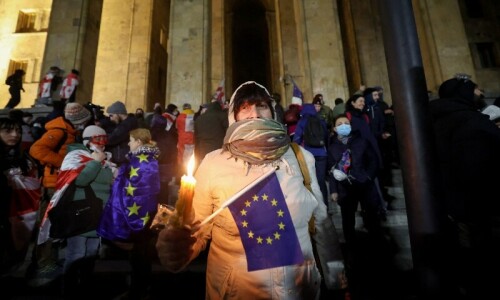Lady Reading Hospital: Epicentre for trauma victims in Pakistan’s northwest
Dawn.com
Published
September 19, 2013













Peshawar lands into an intense festival of ambulance siren, as soon as a bomb blast strikes a security convoy near Kohat Road on 6th September, 2013. There is no terror or fear on the faces of people. Most shops remain open, cars and bikes glide on the main artery, the GT Road.
— Photos and text by Saad Sarfraz Sheikh, edited by Hammad Ahmed Abbasi
Read more
On DawnNews
Comments (3) Closed
Nizamuddin Ali Ahmad
Sep 20, 2013 04:31am
Thank you Lady Reading for the gift to humanity is there any one from us who can build a hospital half of this magnificent hospital. The Prime Minister of this country can wear a 6.5 million dollars (72 crore rupees ) wrist watch and never built a room for the needy people.
Recommend
0
Ally Adnan
Sep 20, 2013 09:01am
A wonderful piece.
Recommend
0
Dr ZENAB
Sep 20, 2013 09:55am
Amazing work saad and lovely capture. Keep it up!!
Recommend
0














































